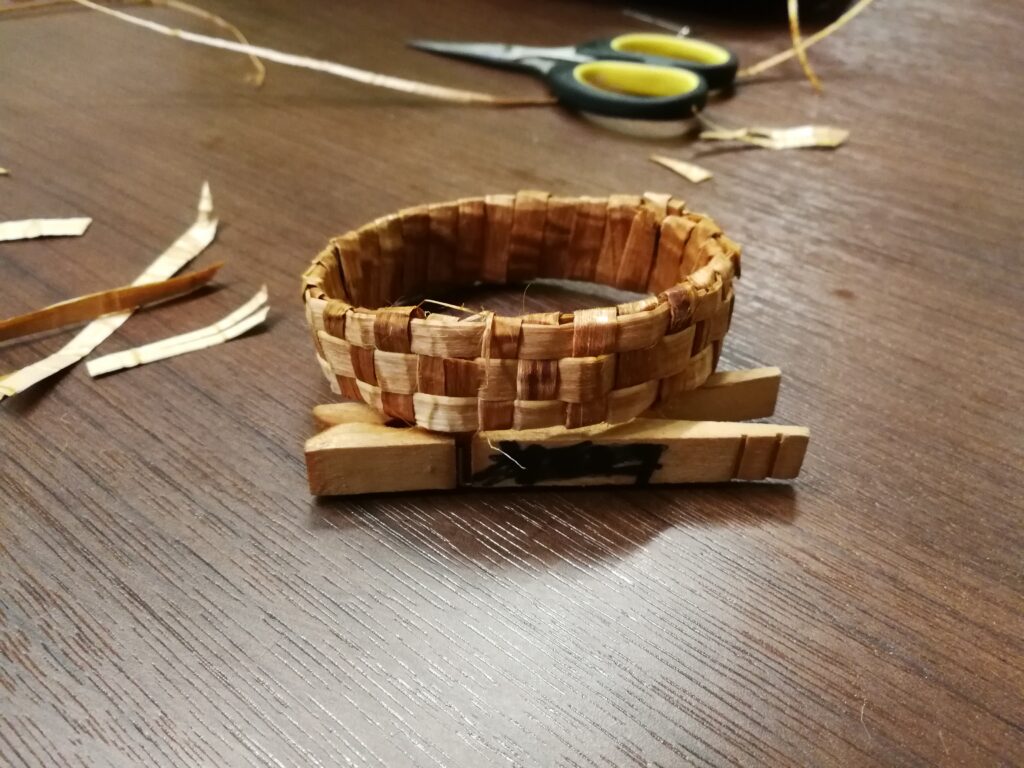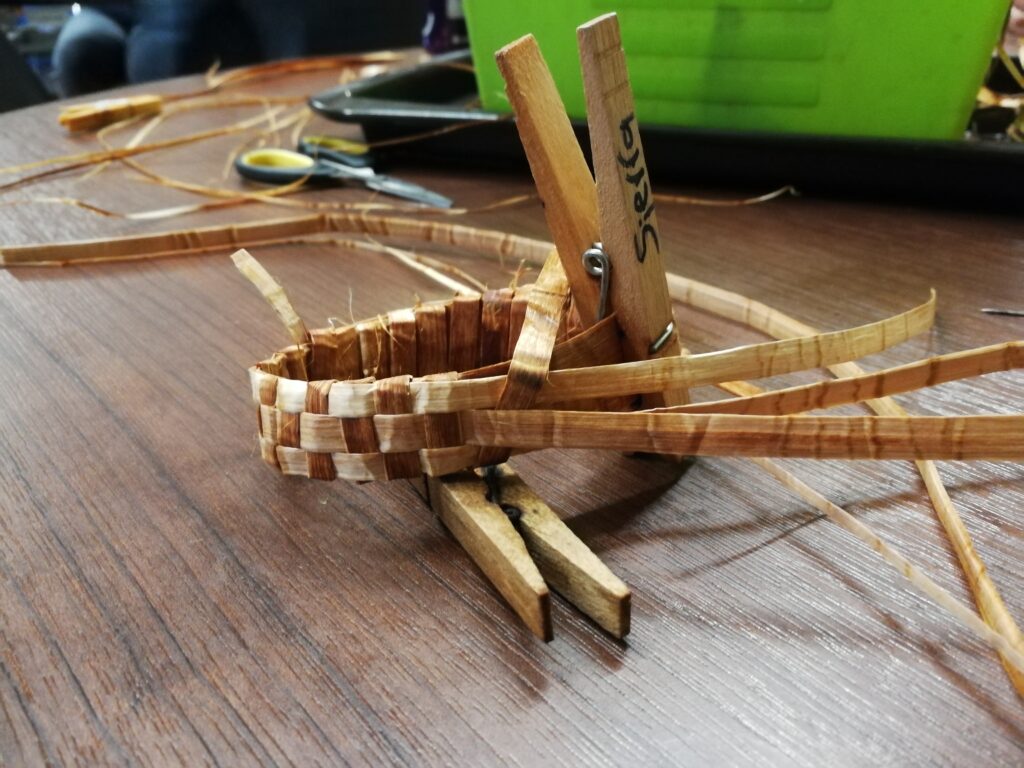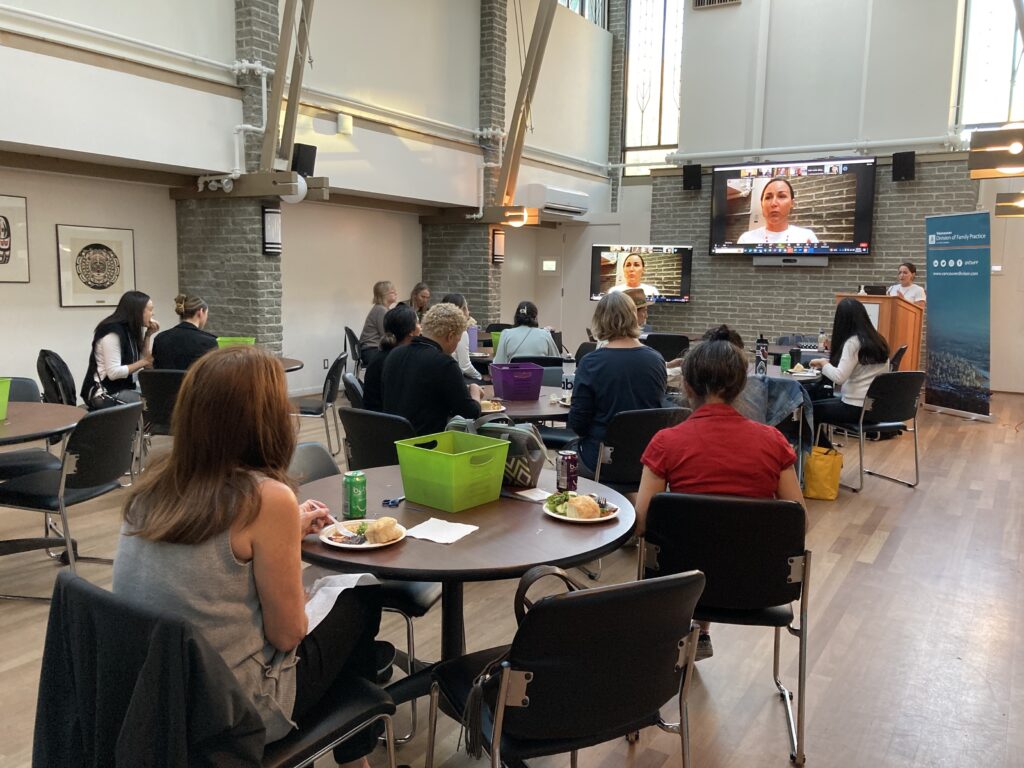Truth and Reconciliation Day is an Opportunity for Physicians to Reflect

Physicians have a great role to play in fostering Indigenous cultural safety. September 30 offers us a chance to take stock of opportunities.
The National Day for Truth and Reconciliation, also known as Orange Shirt Day, is a day for all Canadians to recognize the legacy of the residential school system, honour the experiences of Indigenous peoples, and affirm a commitment that every child matters. Leading up to September 30, it’s also an opportunity for the Vancouver Division of Family Practice to assess our ongoing efforts to foster Indigenous cultural safety and re-commit to continuous learning. As physicians, we have an incredibly important opportunity to play a meaningful role in making change.
In 2020 the In Plain Sight (IPS) report, spawned from BC’s response to the UN Declaration of the Rights of Indigenous Peoples (UNDRIP), highlighted the prevalence of Indigenous-specific racism and discrimination in the health care system. The report noted both widespread anti-Indigenous racism and a number of poor health outcomes compared to non-Indigenous patients. These ranged from decreased attachment to primary care and decreased rates of preventive screening to increased infant mortality and shortened overall life expectancy. Negative mental health outcomes were also disproportionately seen in Indigenous peoples.
Physicians Can Be Part of Change
N’alag̱a / Kaaw Kuuna (Avis O’Brien), is a Haida/Kwakwa̱ka’wakw artist and Land-Based Cultural Empowerment Facilitator. Through her company, N’alag̱a Consulting, she shares cultural knowledge with the world, as well as the beauty of cedar bark weaving. Recently she facilitated a workshop with Vancouver physicians where she shared a powerful message with us.


“The genocide of Indigenous people is attempted and ongoing,” said N’alag̱a.1 “I envision a time when Indigenous people are thriving, when the leading cause of death is no longer suicide, and when we are not dying from fentanyl at the rate of 5x that of the rest of the population. 4”
Although the situation is dire, N’alag̱a was quick to point out that the medical community holds great power in the quest for progress.
“You can be part of the change,” she says. “The trauma sensitive, culturally safe care you provide folks can make a meaningful difference in the lives of Indigenous people. Gilakas’la for taking the time to implement these ways of being into your practice.”
Vancouver Division JEDI Task Force Presenting Experiential Learning Opportunities
Alice Huang is a Program Facilitator with the Vancouver Division is a staff lead for the Division’s Justice, Equity, Diversity and Inclusion (JEDI) Task Force. The cedar weaving workshop is just one experience the task force promotes in order to develop cultural empathy.
“The workshop presented a great experiential learning opportunity,” says Huang.2 “The facilitator has a lot of experience working with healthcare partners like FPSC and the JCC and training around supporting Indigenous cultural safety. As a result, members gained useful, tangible tools that they can use in their practices.”
Huang explains that while recent years have seen the task force focus on members in leadership roles, they’re now encouraging all members to take advantage of available training opportunities.
“It’s important to gain a deeper appreciation for what being an ally really means and what cultural safety and humility really entails,” she says.

Training Part of Larger Journey
Another example of a learning opportunity for Vancouver physicians is the Vancouver Coastal Health ICS Hummingbird Level 1 – Foundations Module 1 & 2 which consists of an online module and an in-person component. The Division is exploring ways to make this training available and accessible to members in the near future.
Jaimie Ashton, Director of Special Projects with the Vancouver Division found that the training provided her with a greater understanding of Indigenous cultural safety, which allows her to do her job more thoughtfully.
“I went in with an understanding of what a land acknowledgement is, but I came away with new terminology and an understanding rooted in territory honouring,” she explains. “It’s important to acknowledge where we’ve come from and to create a holistic understanding of ourselves in relation to Turtle Island.”3
Jaimie believes that the more we learn about the diversity of individuals, communities, and cultures around us, the more likely we will be able to walk into situations with a focus on learning.
“For me it was not only about furthering my ability to do my work thoughtfully but also about furthering my personal understanding and knowledge of Indigenous cultural safety and how I can be a more active advocate,” she says. “I know that this is just one in a long list of learning opportunities that will hopefully move forward my knowledge and understanding of local indigenous communities and the individuals that live in them. It’s a journey that you don’t ever get to the end of.”
Warmth is the First Step
While much challenging work lies ahead, not all aspects of progress are so daunting. Family physicians can support culturally safe care to Indigenous relatives through a multitude of interventions, one such practice being co-regulation.
N’alag̱a elaborates on co-regulation specifically; “The sending and receiving of signals of safety and connection from one nervous system to the other can be accomplished by using our face, voice, and body language,” she says. “The simple act of offering warmth, a smile, and a welcoming tone of voice can go a long way in creating a neuro-conception of safety for folks.”
Member Feedback Welcomed
As the Vancouver Division of Family Practice seeks continued progress, we’d like to hear from our members. What types of things would you like to see? We’ll look forward to your feedback.
We also urge you to take advantage of opportunities currently available, such as those provided by the Joint Collaborative Committees. Vancouver Division members who are part of the Provincial Health Services Authority also already have free access to their San’yas ICS training.
As we observe the National Day for Truth and Reconciliation on Saturday, September 30, we urge you to be mindful of the opportunities that exist each and every day for us, as physicians, to provide allyship and play an important role in continued progress.
Cited Sources
1 Direct communication with N’alag̱a / Kaaw Kuuna (Avis O’Brien)
2 Direct communication with Alice Huang, Vancouver Division
3 Direct communication with Jaimie Ashton, Vancouver Division
4 Statistics Canada. (2021, October 20). Mortality among First Nations people, 2006 to 2016. Health Reports. https://www150.statcan.gc.ca/n1/pub/82-003-x/2021010/article/00001-eng.htm






